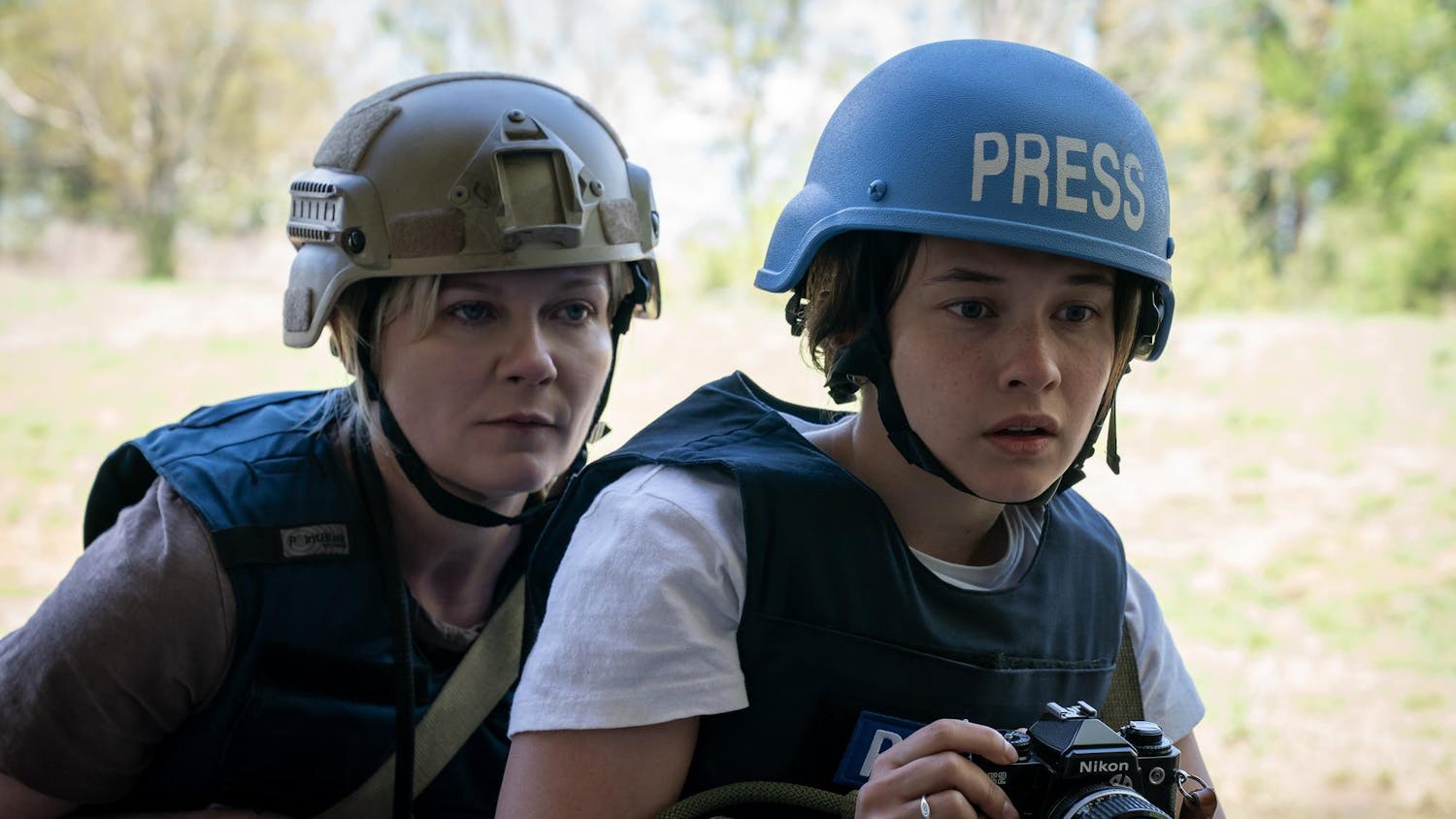Am I still asexual? I didn’t experience sexual attraction until I was 17 and had already had my current boyfriend for a couple months. Before we started dating, I felt incredibly lonely and, realizing that I had yet to think sexually, researched online and found the definition of asexuality. I immediately identified with it, but now that I’ve been thinking about sex with him, I’m wondering if I’m actually asexual or just didn’t develop sexuality for some reason. However, I’m still dating him; I haven’t experienced sexual attraction to anyone else under the same circumstances, so I don’t have proof of a pattern.
I love your question because it’s not just about sexual orientation, but also about what it means to grow and develop as a human being, how relationships can awaken parts of ourselves we didn’t previously experience and the value of labels.
Let’s start with sexual orientation. As information about asexuality has become more visible on the internet, more people are openly identifying with the term “asexual.” Most often, this term refers to the experience of not feeling sexual attraction to other people. Research on asexuality is still in a relatively early stage.
We do know that, just as people who identify as straight, gay or bisexual may later come to identify their sexual orientation in a different way, people who identify as asexual when they are young may not always feel this way. This idea of slight shifts in a person’s sexual orientation is often referred to as sexual fluidity.
In the past decade, I’ve noticed an increasing number of teenagers identifying as asexual when they realize they haven’t yet experienced sexual attraction to other people. The key word here is “yet.” People develop sexual feelings and attractions at different ages. Most teenagers will eventually develop sexual attractions toward other people, whether of their same-sex or other-sex or both. They might notice these sexual feelings as teenagers or else they might not experience them until they are in their 20s or older. Some asexual-identified teenagers may never experience sexual attraction to others, even in adulthood, and may continue to identify as asexual. All of these possibilities are parts of the human experience.
In your case, first developing sexual feelings at age 17 is not as rare as you might think. Many people don’t feel sexually or romantically attracted to other people until they are older teenagers or young adults. It might seem unusual since music videos and magazines and movies are full of images of young people who are dressing and acting sexy. But it’s not uncommon at all.
Also, relationships can awaken parts of ourselves. When we become close, vulnerable and intimate with another person, we can experience new feelings. Some people only experience sexual attraction, or experience greater sexual attraction, when they are in love or otherwise feel emotionally close to a person. You might be someone whose sexual attractions are made possible through emotional closeness or intimacy. But you don’t have to figure that out right now. You are at the beginning of a lifetime of experiences related to romantic and sexual experiences. You have all the time in the world to explore and come to understand yourself. And if you’re like many of us, you will have many “aha” moments in the years to come where you will learn something new about yourself. As time goes on, you may notice a clearer pattern. If a sexual orientation label is important to you, then you can choose one that best reflects your feelings. It’s also OK to not choose a label just yet — or ever.
As for thinking about having sex with your boyfriend, I’d like to encourage you to learn more about how to weigh that decision and also encourage you to learn more about birth control — if you’re female — and sexually transmitted infections, or STIs. Since sexual feelings are new to you, it may be that you didn’t pay much attention to information about safer sex before, if you thought sex wasn’t going to be part of your life. The Planned Parenthood website has a good deal of information about healthy relationships, birth control, STI prevention and testing, among other topics. I wish you well as you explore and learn more about yourself.
Kinsey Confidential is part of a joint partnership between the IU School of Public Health-Bloomington (IU SPH) and The Kinsey Institute. The column is written by Dr. Debby Herbenick, professor in the IU SPH. Read past Q&A or submit your own question at KinseyConfidential.org. Follow us on Twitter @KinseyCon.






